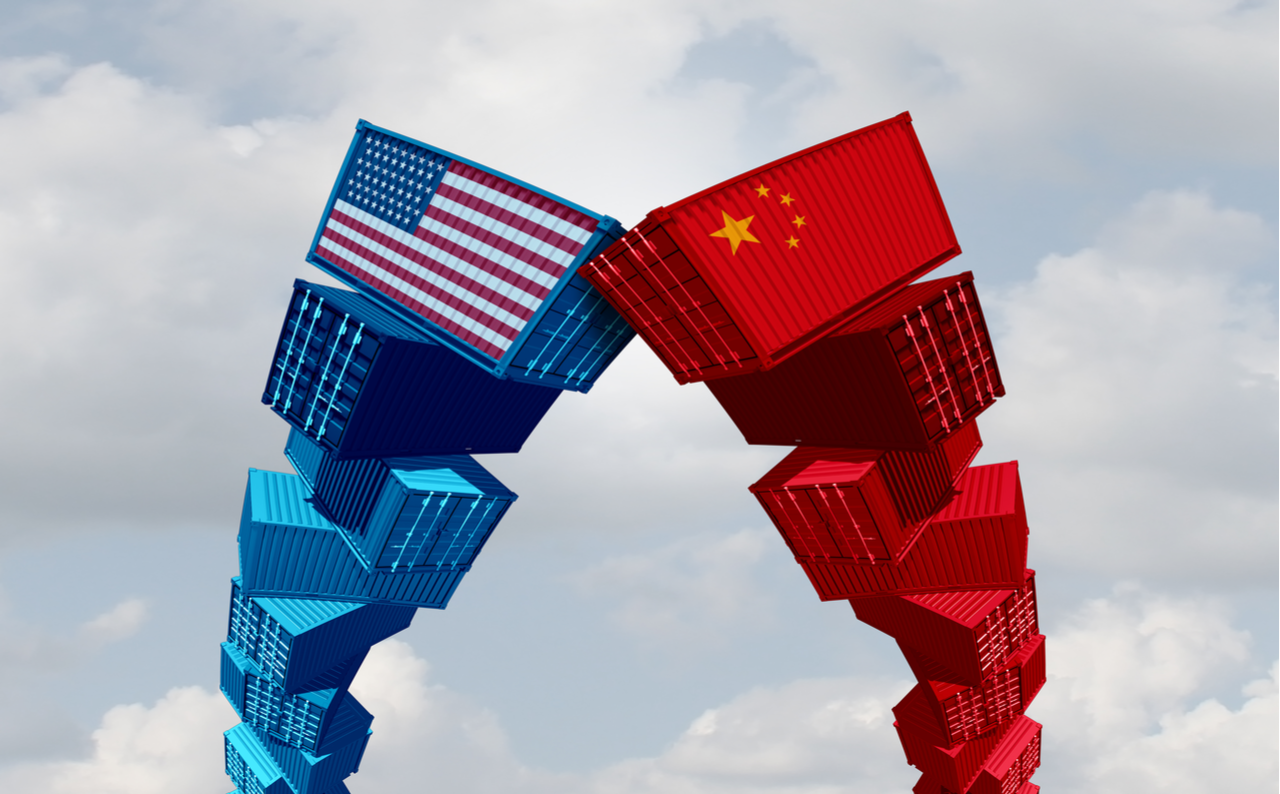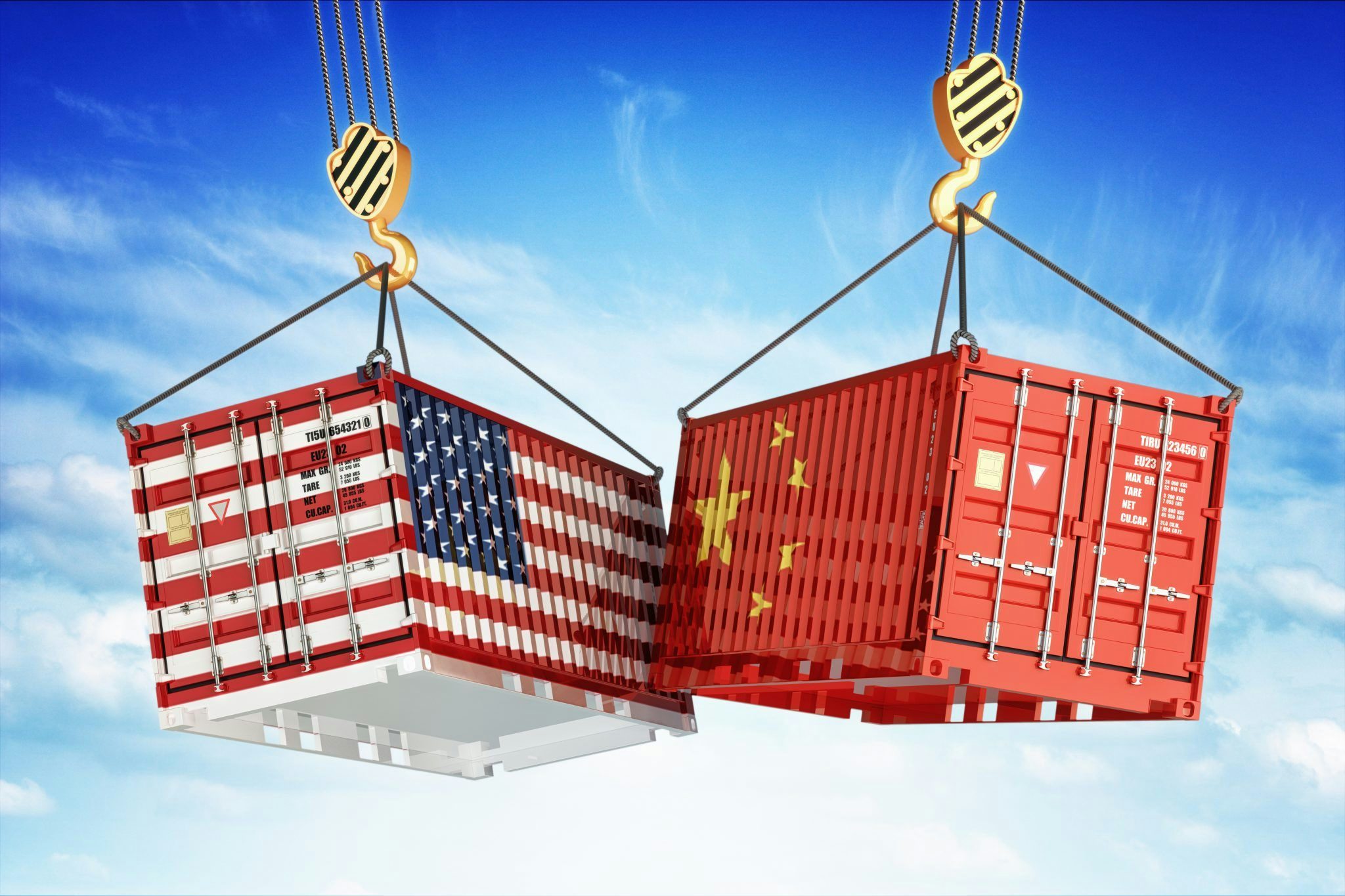On May 14, the U.S.-China trade war entered into a full-fledged battle after the Chinese government took retaliatory measures against the latest round of tariff hikes by the Trump Administration. Beijing announced it would raise its own tariffs on the total value of 60 billion on exported goods from the United States from five percent to as high as 25 percent, starting June 1. A variety of targeted products — agriculture, metals, apparel, footwear — are on the list, according to a statement published on the official portal of the Chinese government.
The escalation between the world’s largest two economic bodies opens up a Pandora’s box of an uncertain economic outlook for all industries, in both countries, and perhaps globally. For luxury and fashion companies, whose business cycles — from manufacturing to retailing — have an increasingly significant reliance on China these days, the development is distressing, if not devastating. And aside from causing global capital markets to puke on Monday, here are at least three ways that the ongoing trade disputes can affect the profitability of the luxury and fashion sector in the mid- and long-term.
A harder sell for U.S. luxury brands#
First and foremost, it’s expected that luxury brands with an American origin will feel the pain soon. Nelson Dong, a senior partner at the international law firm Dorsey & Whitney law firm and a current member of the Board of Directors of the National Committee on U.S.-China Relations, told Jing Daily that it may appear that the U.S. could apply more leverage in the battle as China has historically exported more goods to the U.S. than the reverse way, but many of China’s exports are consumer goods or basic “input” goods used by other manufacturers, which can be more easily resold into other global markets, such as the developing nations of Africa, Latin America, and Southeast Asia.
“In contrast, a large percentage of American exports to China are higher-end products that need wealthier consumers or users, whether those items are sophisticated smartphones or sophisticated commercial airliners,” said Dong. “And so it could be much more difficult for American exporters to replace China, which has 20 percent of the entire world’s population and more of its total wealth.”
Moreover, American luxury fashion brands are also likely to lose their price advantage against their European rivals in the Chinese market due to the trade war. With China’s retaliation set to commence in June, many U.S. brands face the pressure to raise retail prices — though that’s a last resort — to offset the impact on their profitability by passing it over to consumers. For example, Ralph Lauren’s Global CEO Patrice Louvet did not rule out the possibility of raising prices in an interview after the company’s first-quarter earnings on May 14. On pricing, European luxury brands are heading toward the opposite direction. Led by Louis Vuitton, Gucci, Hermès, and Prada, brands are recently aggressively lowering retail prices in mainland China in a response to the Chinese regulation.
Chinese consumer sentiment#
Chinese consumers’ sentiment with the U.S. could also possibly take a deep dive soon if the disputes further deteriorate. On May 15, a 90-second statement on China’s attitude on the trade war made by Kang Hui, a famous news anchor of Xinwen Lianbo (新闻联播), a daily news program broadcasted by China Central Television (CCTV), immediately went viral on all social media platforms. Kang stated that “if you (refers to the U.S.) want to negotiate, the door is open; If you want a trade, we’ll fight you until the end.” The speech stirred up nationalistic sentiment among the general public, with masses of online users showing their support to the government for fighting the war against the U.S.
Currently, there is no concrete sign showing that the nationalist sentiment in China has translated into any real initiative of Chinese consumers to protest against any American companies. However, the experience of South Korea and Japan, who previously went into political controversies with China, should be a concern for consumer-facing brands in the U.S. For example, in 2017, a geopolitical dispute between South Korea and China over the THAAD missile launch led Chinese consumers to voluntarily boycott Korean products, which seriously swept across the Korean business community from car-making, beauty, fashion to tourism.
In an anonymous interview with Jing Daily, a marketing professional working at a high-end American fashion brand admitted that the company has serious concerns about how the business will be adversely affected by a decreasing customer interest from China as a result of the current disputes.
Currency fluctuations and growth concern#
European luxury fashion companies, though not in the center of the confrontation, should be concerned as well. The escalation of U.S.-China trade tensions has already added a new wave of pressure on Chinese yuan — the exchange rate has weakened to an almost six-month low on Monday following China’s announcement of adding tariffs. A weaker Chinese yuan, in theory, can partially offset the impact of higher tariffs. Nonetheless, it also undermines people’s purchasing power: a particular piece of bad news for luxury brands that rely on outbound Chinese travelers for business growth.
Furthermore, as the trade war dents China’s growth outlook, many experts worry that it will add a new layer of uncertainty to China’s current shaky economic situation, of which no luxury brands would be immune from the fallout. So far, as shown by the first quarter earnings results by major luxury houses, the Chinese market has remained exceptionally strong. However, Dong added: "It will be some months before economists can measure and report from trade data how this dispute is playing out.” But it’s certainly not too early for luxury brands to work out the right strategies to combat a potential softening of business in China, as the trade war continues to take casualties.



